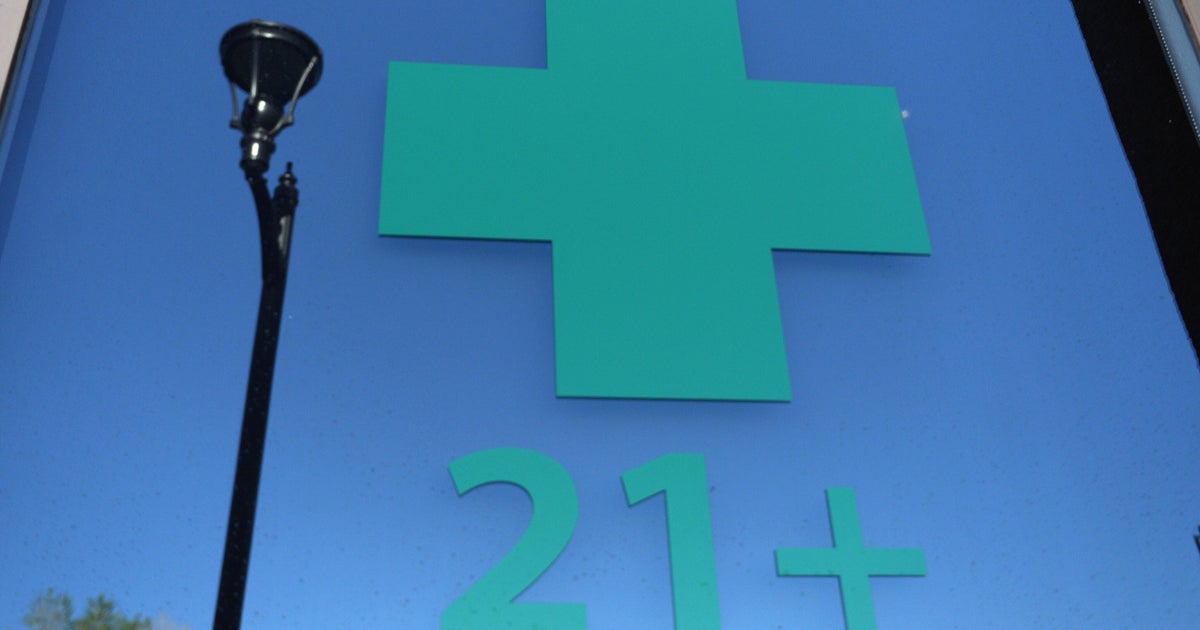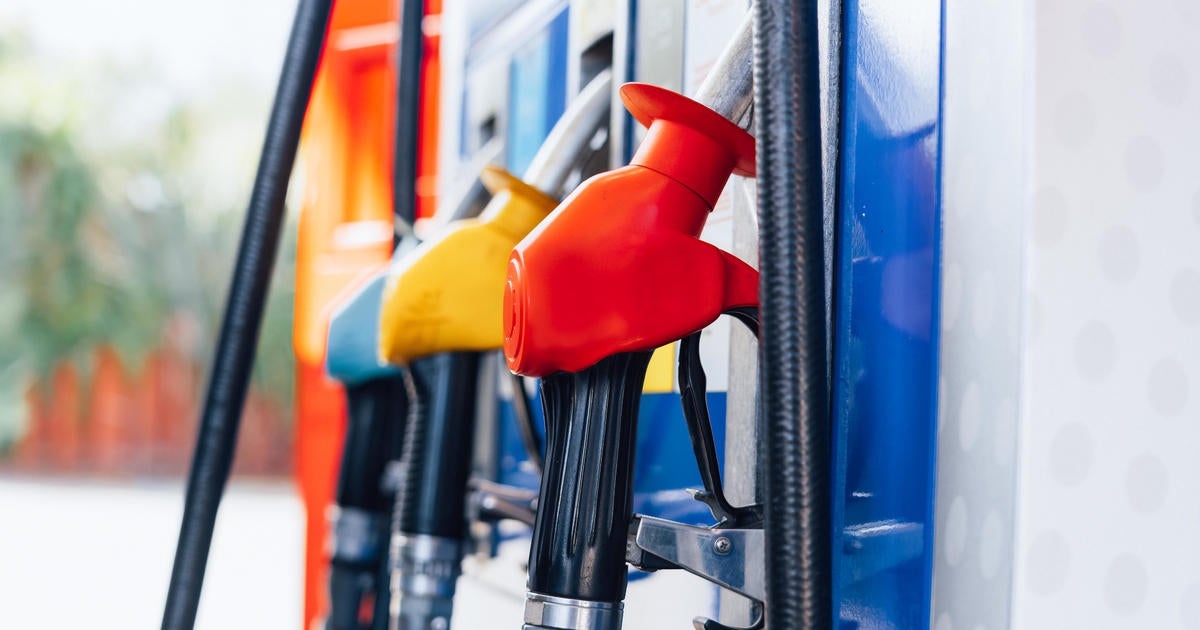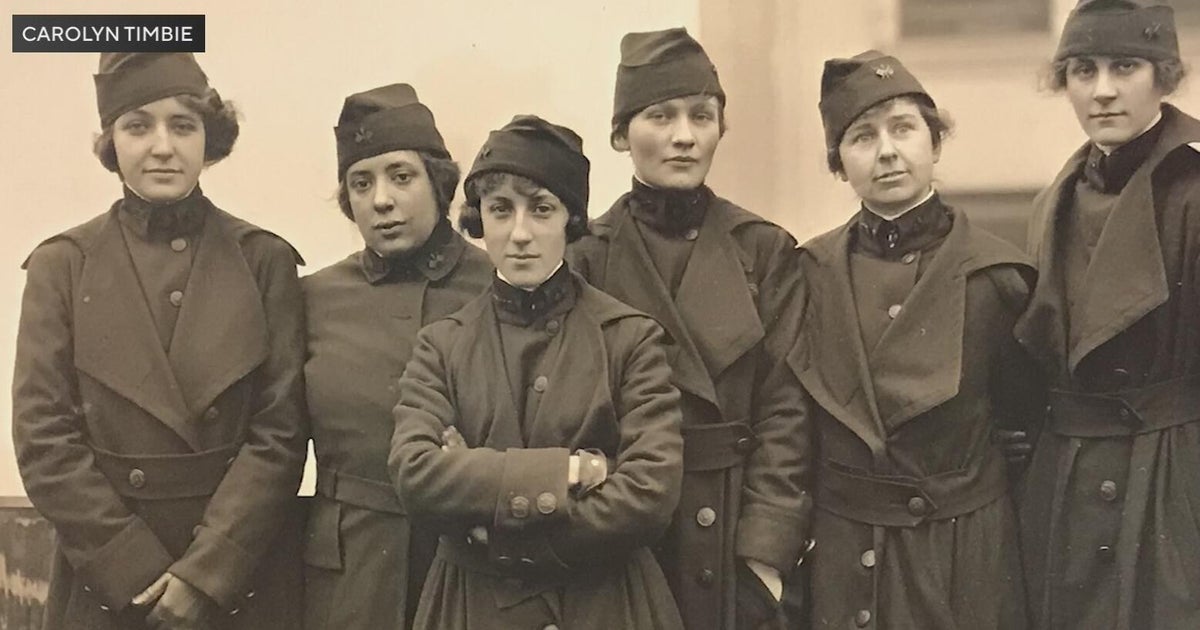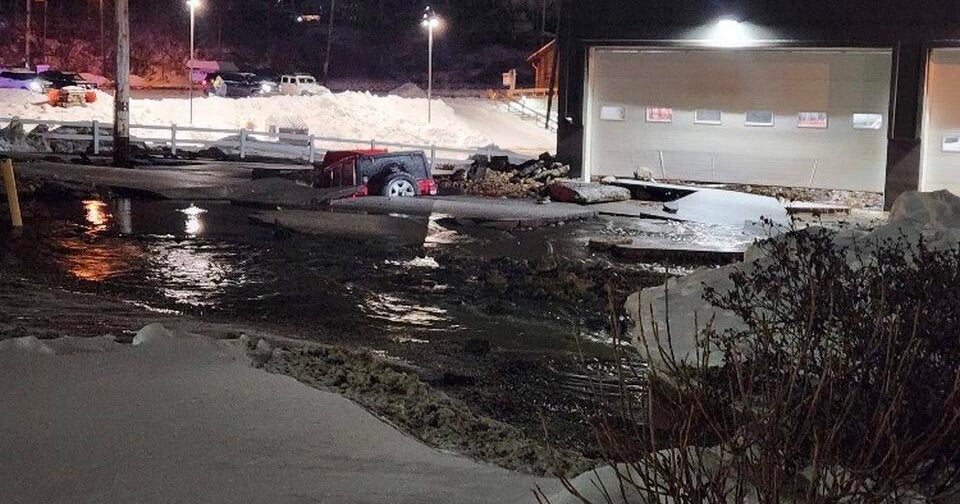Neogen Develops Quicker Test for Yeast and Mold
LANSING -- Neogen Corp. (Nasdaq: NEOG) has developed an even quicker method to rapidly and accurately detect yeast and mold in food products. Neogen's new Soleris test detects yeast and mold in 48 hours or less, while conventional methods take up to five days.
Tests for yeast and mold comprise approximately 15 percent of all microbiological tests performed worldwide. While it does not present the acute health threats of foodborne pathogens, spoilage caused by yeast and mold is one of the leading causes of food loss. Yeast and molds are a large and diverse group of microorganisms that can cause various degrees of deterioration and decomposition of foods.
"With the recent marking of global population at 7 billion, reducing food loss is becoming more critical than ever," said James Herbert, Neogen's chairman and CEO. "The United Nations estimates that approximately one-third of all the food produced annually is lost or wasted before it is consumed. The use of our new Soleris test can help reduce that loss, and ensure the quality and shelf-life of a wide variety of food products."
The new test is a Soleris direct vial system that can detect one colony forming unit (CFU) of yeast or mold per sample vial in 48 hours or less -- 24 hours faster than the previous rapid yeast and mold assay, and days faster than most tests. Neogen's new test also requires less technician time.
The Soleris system is a rapid optical method for the detection of microbial contamination based on an innovative application of classic microbiology. Soleris enables operators to release products quicker, saving the organization inventory costs, and allows operators to easily identify, monitor, and map problematic spots in their facilities.
In addition to the yeast and mold test, Neogen's Soleris system provides the quickest automated quality indicator tests for:
* E. coli results in seven to 10 hours; conventional methods can take up to four days
* Total viable count (TVC) results in as little as six to eight hours; conventional methods take 24 to 48 hours
* Coliform results in nine to 10 hours; conventional methods take 24 hours
* Lactic bacteria results in 30 to 35 hours; conventional methods take three to five days
The independent testing laboratory AOAC-Research Institute has recently validated the performance of another of Neogen's test kits, its Soleris test that detects E. coli in as little as seven hours (Performance Tested Method No. 101101). Most food companies and testing laboratories regard AOAC approval as a requirement for their use.
"Each time we receive a validation from an influential third party on any of our tests, it provides further assurance to our many customers that our tests perform as expected," Herbert said. "We expect no less, and neither should our customers."
The results of a rigorous AOAC-RI validation study clearly indicate the Soleris E. coli method can be used for rapid and accurate detection of E. coli in a variety of food commodities. The Soleris test offers significant time savings of up to 3 days over the conventional reference procedure, while also reducing the amount of technician labor required. Neogen has also received AOAC-RI validation on its Soleris test for coliforms.
Neogen develops and markets products dedicated to food and animal safety. The company's Food Safety Division markets dehydrated culture media, and diagnostic test kits to detect foodborne bacteria, natural toxins, genetic modifications, food allergens, drug residues, plant diseases and sanitation concerns. Neogen's Animal Safety Division manufactures and distributes a variety of animal healthcare products, including diagnostics, pharmaceuticals, veterinary instruments, wound care and disinfectants.
More at www.neogen.com.







